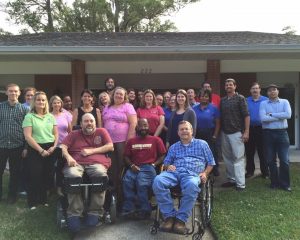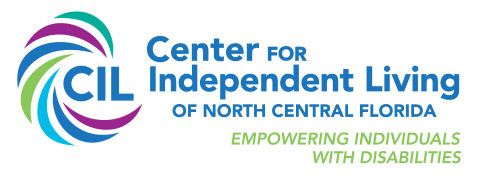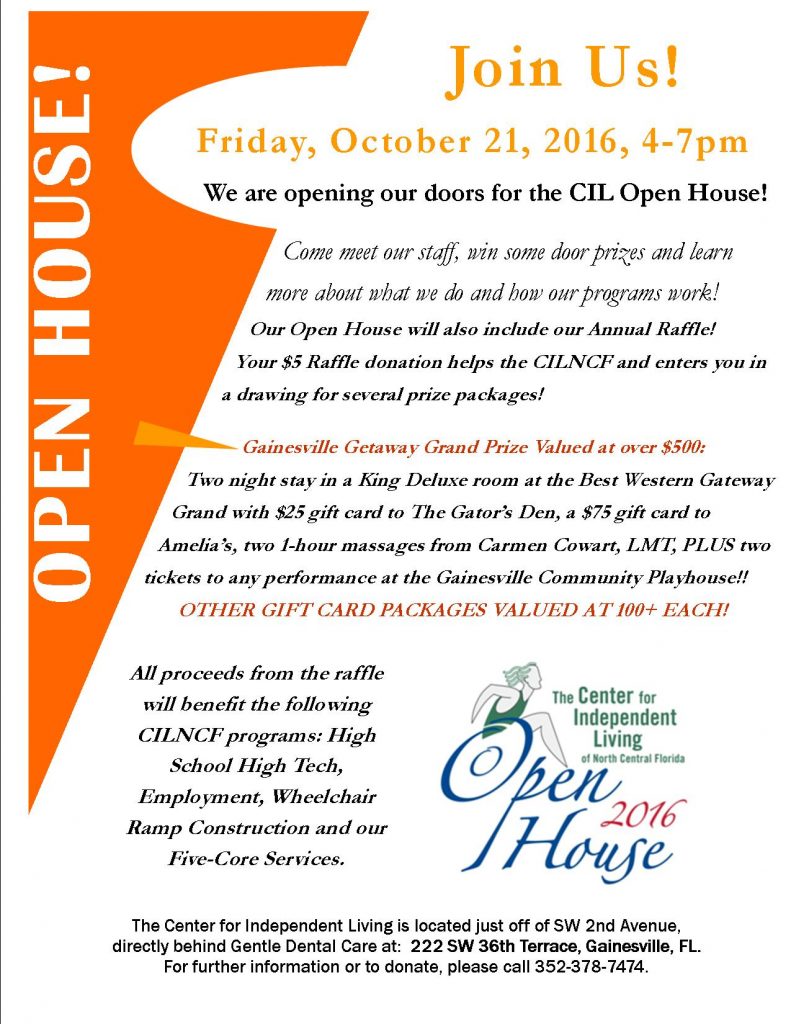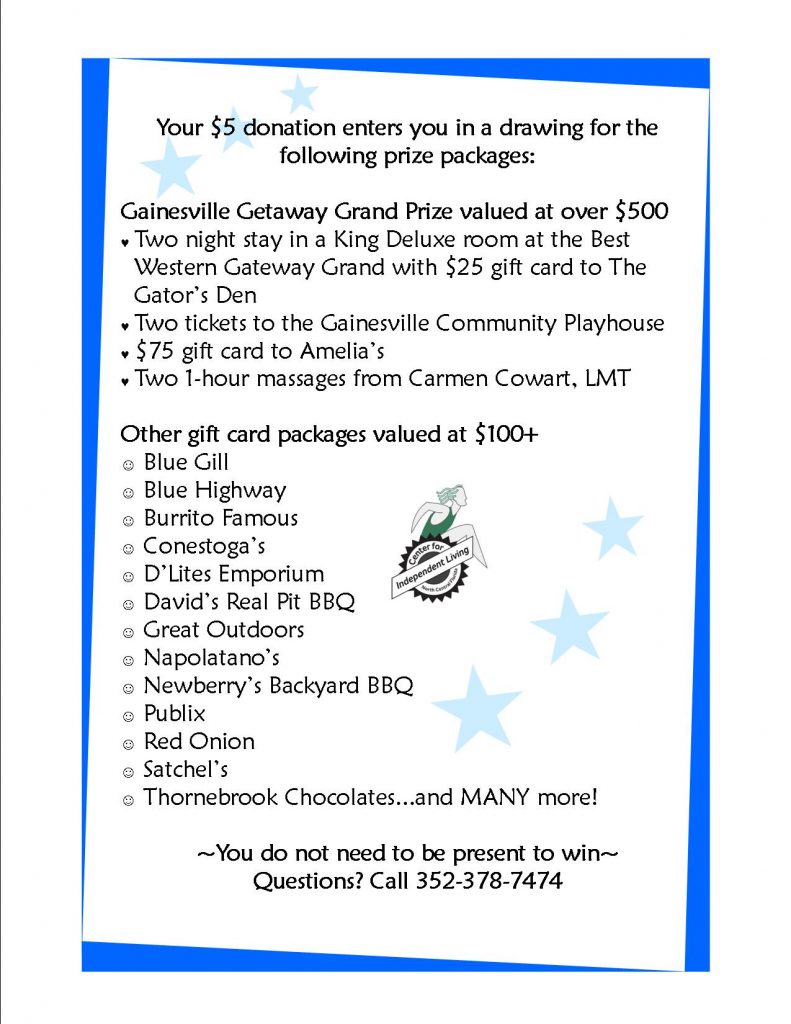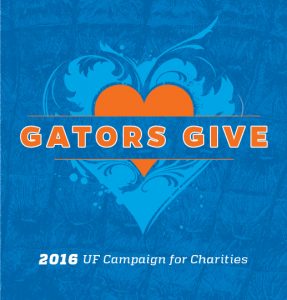Dear Friends of the Center for Independent Living of North Central Florida,
In reviewing our past year’s accomplishments, the CILNCF served over 2,500 individuals with disabilities through our various services and programs such as Wheelchair Ramp Building, Sign Language Interpreting, ADA Paratransit Screenings, High School High Tech, Vocational Evaluations and Employment.
The achievements from this past year highlight the CILNCF’s 35 year history of being the area’s leading DisAbility Resource Center. Today, we are launching our 2016 Year End Campaign, to raise funds for our Wheelchair Ramp Program that installs wheelchair ramps at no cost for people who live in poverty, who need to access their home, and cannot afford a ramp.
Imagine the impact on your life if you used a wheelchair and could not access or leave your home. It would be difficult to work, access quality health care, go to school, and be included in community life. Unfortunately, there is a waiting list of more than 100 local residents who are in need of wheelchair ramps. Through this campaign, we are reaching out to the community and asking for your support to help us build even more ramps in 2017, such as the ramp we built for Cher.
For over a year, Cher’s son had to lift her to get in and out of her own home. There were many times Cher could not leave her apartment because there was no one to help. Through our program, the CILNCF helped Cher receive a newly built ramp and get her independence back.
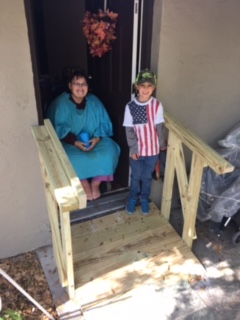
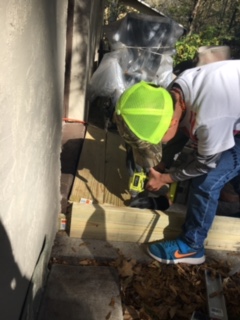
Cher is one small example of how the CILNCF helps individuals with disabilities with limited financial means and opportunities. 100% of every dollar donated to this endeavor will be used towards the material expenses for building a ramp.
We kindly ask that you give the gift of independence because it will make a profound difference in the lives of people with disabilities, especially during the holidays.
If you would like to make tax deductable donation to our campaign, please make your donation payable to: The Center for Independent Living and mail us at: 222 SW 36th Terrace, Gainesville, FL 32607. You can also donate by visiting: https://www.cilncf.org/contribute/ on our website.
Thank you for your continued support and friendship!
Sincerely,
Tony Delisle, PhD
Executive Director
